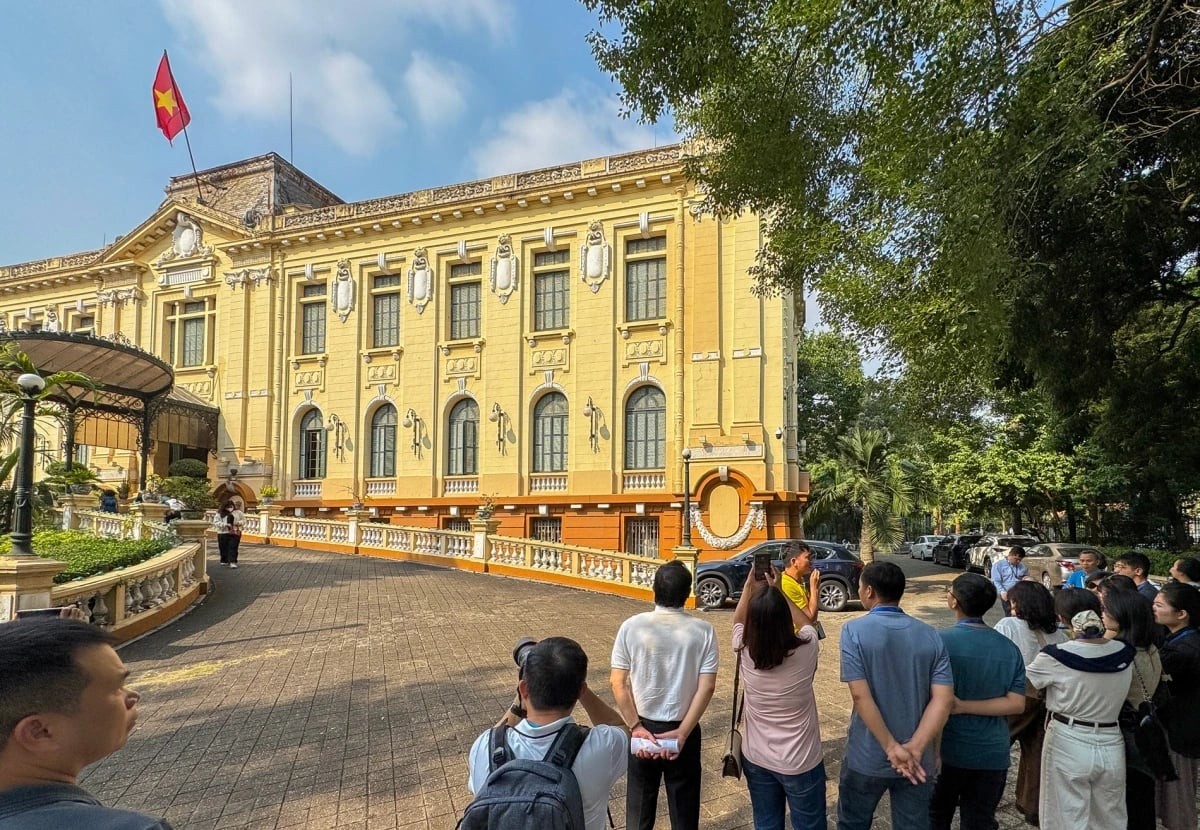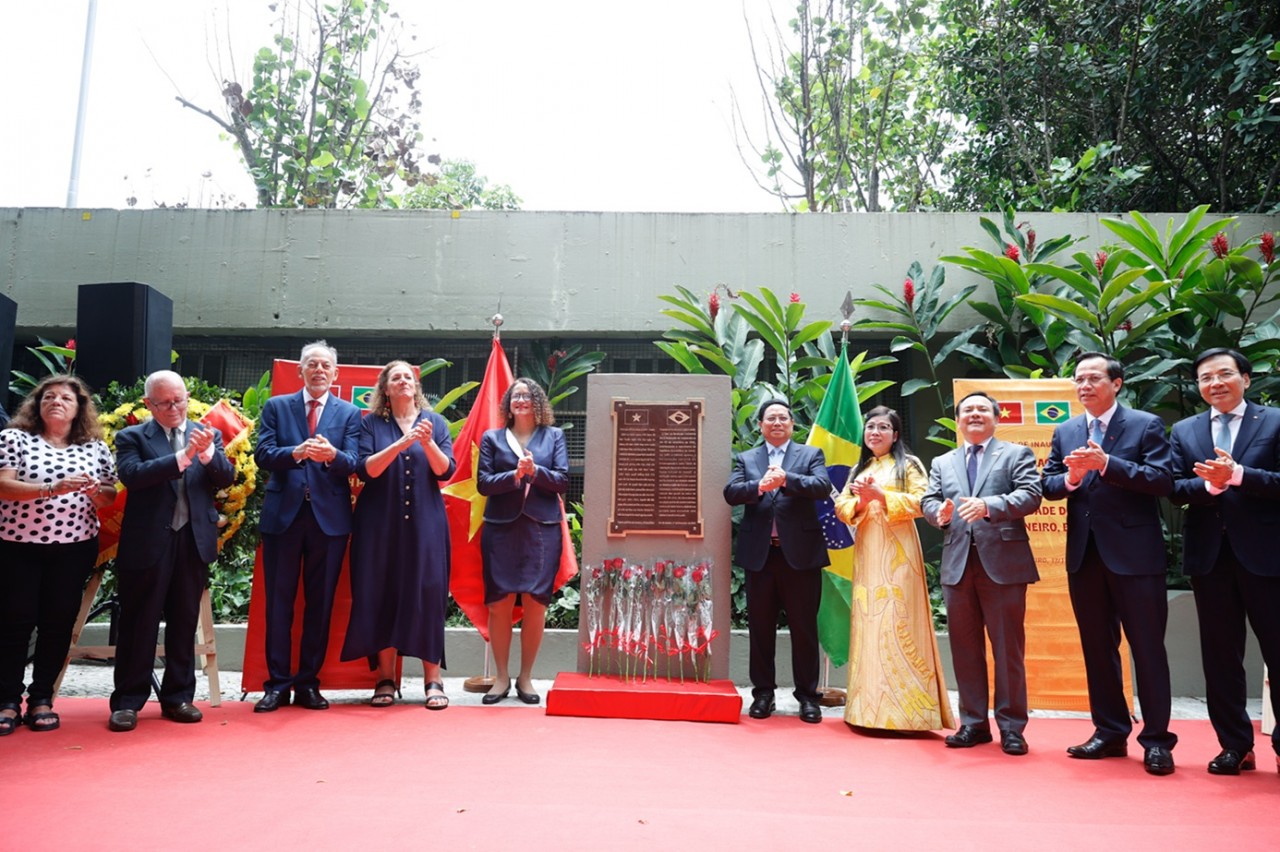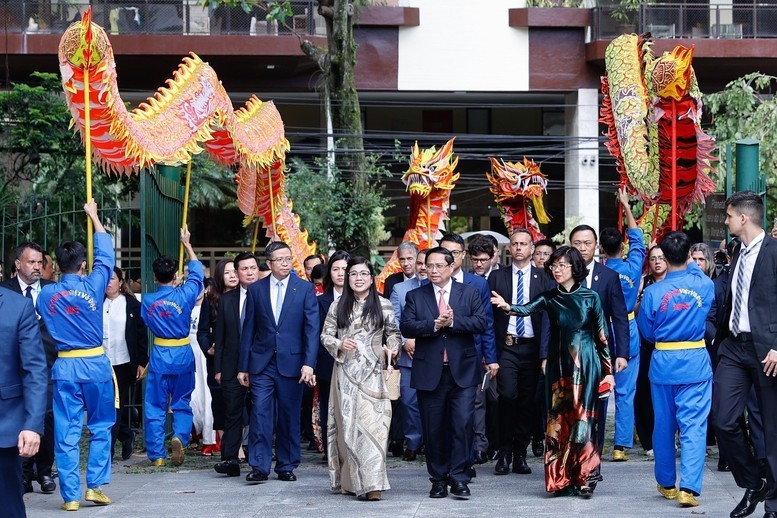Bhutan youngsters create electronic Dzongkha Braille for the visually impaired
 |
Initially, it was a college project, however, the innovation of young people has evolved into a passion to help the visually impaired people in reading and writing Dzongkha, according to The Bhutan Live report.
The group of young people – 24-year-old Mani Kumar Basnet, 25-year-old Ugyen Tshering, 24-year-old Sonam Wangmo and 23-year-old Garab Gyeltshen decided to have Digital Dzongkha Braille Board as a project for the final year of their Bachelor’s in Electronic and Communication Engineering course at the College of Science and Technology. However, the college project turned into a passion.
The aim of young people was fuelled by the lack of accessible Dzongkha electronic Braille machines and the high price of Braille devices available in other nations. The device developed by young people features six buttons that enable users to effortlessly write Braille alphabets.
The device converts the input into an audible sound or tactile pop-up that can be read by touch, providing multiple ways for the visually impaired to interact with the text.
Mani Kumar Basnet, one of the team members, said, “We always thought of working with assistive technology to help those in need. We decided to help the visually impaired. While researching, we found that there are lots of devices to help the visually impaired, but we saw that they were also very expensive. So, we thought that we could develop one for our own country, why not even in Dzongkha since there are no such devices in Dzongkha,” according to The Bhutan Live report.
Less than Nu 15,000 have been used to develop the prototype. The team has planned to further reduce the price to less than Nu 10,000 to make it accessible to more people, The Bhutan Live reported.
Mani Kumar Basnet said, “We have currently focused on writing, reading and saving files. Saving happens over SD cards right now but we would like to use cloud storage in the future. We can interface with our PC even now.”
Basnet further said, “In the future, we are hoping to design it so that we can even interface with our mobile phones through Bluetooth or Wi-Fi connections. We will be working on that. We are also planning to develop it for classroom purposes,” according to The Bhutan Live report.
Despite being away from each other after graduation in June this year, the team continues to engage in creating the device. The team even sought the guidance and feedback of the Disabled People’s Organisation to further refine their invention.
Recently, the team presented their prototype to Bhutan’s Ministry of Education and Skills Development. The team said they received some suggestions to improve their initial work. However, they further said that they mostly received positive reactions from visually impaired people. (ANI)
Most read
Recommended
 Economy
Economy
India Expedites Development of Green Hydrogen Production Infrastructure
 Economy
Economy
Ho Chi Minh City Ranks Third In Southeast Asia For Startup Ecosystem Value
 Economy
Economy
Conference Discusses Vietnam's Potential in Supplying Halal Food
 Economy
Economy
Emerging contours of MSMEs in India - MSMEs shape the destiny of Indian economy
Popular article
 Economy
Economy







